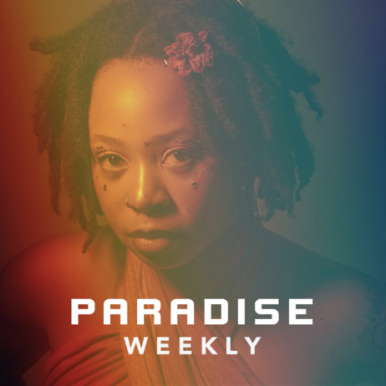By Cairo Pamute
One challenge that many people in the music industry face, is trying to understand, or explain how money in Music flows. Most involved have been on either side of this interaction: attempting to grasp the concept, or having to explain rights collection to someone, but why must it be this way?
Before the invention of mass media, music copyright involved writing and reproducing sheet music. The only way for other people to hear pieces being played was if the composer played it themselves or someone with access to the sheet music could play in front of them. As technology developed, and new ways to reproduce not only sheet music but also sound and eventually images, the intellectual property of not only composers, but performers also had to be protected. With the development of different technologies, this gave birth to the “rights” that exist today: in order to account for all the different areas of where monies from the use of music come from. Whether it be from the Neighbouring rights, Sync rights in media, Master rights, and the others, each one of these are meant to ensure artists are compensated for the use of their music, but as this technology develops, there must also be a way for its collection to develop.
Because of the multiple ways music is used, the collection of the monies has been built to be an undertaking itself, with many entities and institutions collecting funds from the different sources of royalties. Artists and labels often find it challenging to even collect what they are meant to receive. Some decide it might make more sense for them to compromise on certain rights, being unable to collect the money from the rights themselves, which might involve agreements with institutions with the resources to handle the responsibility of rights collection in exchange for something in return.
In addition, there are also a lot of legal frameworks to deal with as legislation and laws have already been established.
“Composers in the music industry are becoming increasingly aware that they are legally entitled to receive publishing royalties for every time that their works are broadcasted and reproduced. For this, they must become members of collecting societies, which are organizations that license and manage copyrighted works on behalf of copyright owners, in order to register their works.”- Juan Aguilar, Composers’ Manager at Paradise Worldwide.
Tracking usages of music in clubs, bars, festivals and digital platforms demands much human and machine action. For this reason, composers seek the assistance of publishers who have the proper infrastructure to do so on their behalf, so that they can focus on their craft. Publishers also operate as a node in a network of creatives within the music industry, who can provide composers the possibility of connecting with more leads so that they can nurture their creation processes in a variety of fronts.
There are many however, who believe this entire process could be more efficient. The concept of artists and small labels being able to collect unimpeded is something being explored by some already in the industry. This so-called “New Age Model” would allow artists and labels to collect and congregate everything into one single right instead. One major point for this being how, since certain technology is used to collect each type of right, what prevents this to be done for all the rights collectively? This would allow for more efficient and easier rights collection for people without time or the resources to collect from different sources of revenue. This would also allow more independent members of the music industry to maintain the integrity of their intellectual rights, as they would not have to share or give up a percentage of their rights to a third party in exchange for assistance with rights collection.
One could have a platform, app, or a service that congregates everything into one major funnel, connecting the dots to all the revenue streams, to be given to the artist without compromising ownership of the artist copyrights. Although this would involve a program able to perform such a task, advancements in technology, software, and data congregation/collection would not see this as a far off idea. One such service is the artist accounting tool provided by Paradise worldwide called the “Royalty Hub.” It is currently available for Direct Pro clients, and has the advantage of being intuitive, easy to use, and was designed to be a fuss-free solution to royalty accounting and payments. Using the Royalty Hub you can seamlessly create royalty statements for yourself or your artists.
It is important that the owners of intellectual property justly receive the results of their hard work, and allowing it to be more efficient and straightforward for artists can, in our eyes here at Paradise, only bring forth way more benefits than drawbacks.


